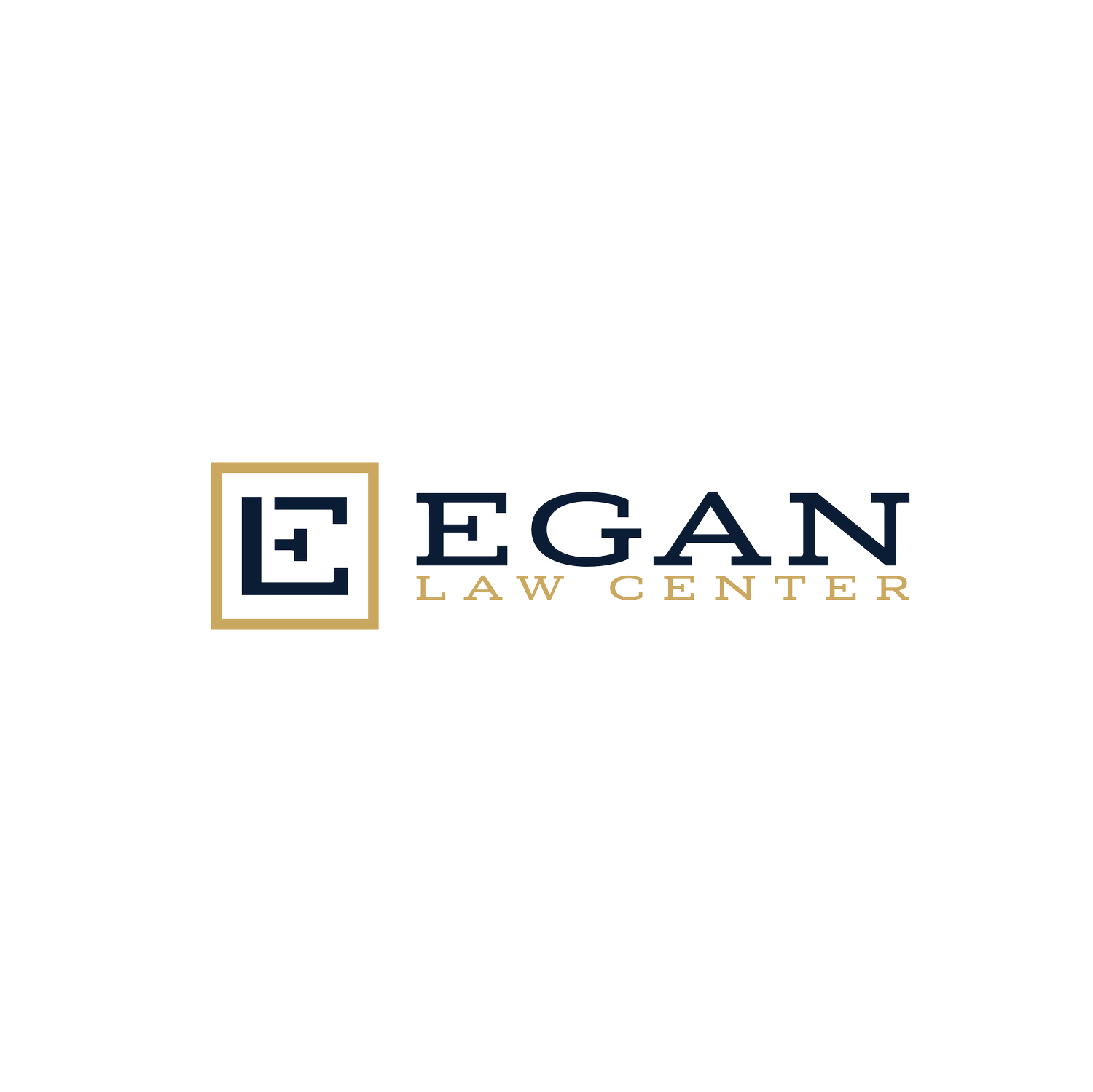Safeguarding Confidentiality - The Importance of Secure Client Portals in Legal Practice
In the digital age, protecting sensitive information is paramount, especially in the legal field where client confidentiality is a cornerstone. Unfortunately, instances of lawyers requesting confidential information via insecure email have raised concerns about data security. As a lawyer committed to providing the highest level of protection for your clients, it's crucial to embrace secure client portals as the preferred method of communication and document exchange. In this blog, we'll explore why clients should only work with law firms that prioritize the use of secure client portals to ensure the utmost confidentiality and protect their sensitive information.
Shielding Against Cyber Threats:
Emails are vulnerable to interception, hacking, and unauthorized access. By using a secure client portal, law firms create an additional layer of protection against cyber threats. Encrypted communications and secure servers ensure that client information remains confidential, safeguarding it from malicious actors seeking to exploit vulnerabilities in email systems.
Protecting Sensitive Data:
As lawyers, we often deal with highly sensitive information, such as social security numbers, financial records, medical histories, and other personal details. Requesting clients to transmit this information via email is an invitation for potential security breaches. Secure client portals provide a safe environment for sharing and storing confidential documents, mitigating the risk of data leaks and identity theft.
Compliance with Privacy Regulations:
Various privacy regulations require legal professionals to handle client data with utmost care. Utilizing a secure client portal demonstrates a commitment to compliance with these regulations, ensuring that client information is handled in accordance with the law and preserving the trust between the lawyer and the client.
Streamlining Communication:
Secure client portals not only protect sensitive data but also enhance communication between lawyers and clients. These portals serve as a centralized hub for sharing documents, messages, and updates, eliminating the confusion and inefficiency that can arise from scattered email threads. Clients can access information securely at their convenience, promoting a streamlined and client-centric experience.
Building Client Trust and Confidence:
As legal professionals, establishing and maintaining trust with our clients is paramount. By implementing secure client portals, law firms demonstrate a commitment to protecting client information, fostering a sense of confidence and trust. Clients feel reassured that their sensitive data is being handled with the highest level of security, resulting in a stronger lawyer-client relationship built on trust and professionalism.
Embracing Technological Advancements:
The legal field is not immune to technological advancements. As professionals, we should embrace tools and practices that improve efficiency and security. Secure client portals reflect a commitment to staying current with the evolving landscape of digital security, showcasing a law firm's adaptability and dedication to providing clients with the best possible service.
Making Security a Priority:
By adopting secure client portals, law firms prioritize the security of client information as a core value. It sends a clear message that client confidentiality is paramount and that every measure will be taken to ensure its protection. This commitment to security sets law firms apart, attracting clients who value their privacy and demand the highest level of professional responsibility.
In an era marked by digital risks and increasing regulations, law firms must prioritize the security of client information. Secure client portals offer a robust solution, shielding against cyber threats, protecting sensitive data, complying with privacy regulations, streamlining communication, building client trust, and embracing technological advancements. By employing a secure client portal, lawyers demonstrate their commitment to safeguarding client confidentiality, fostering a stronger lawyer-client relationship, and upholding the highest standards of legal professionalism.

